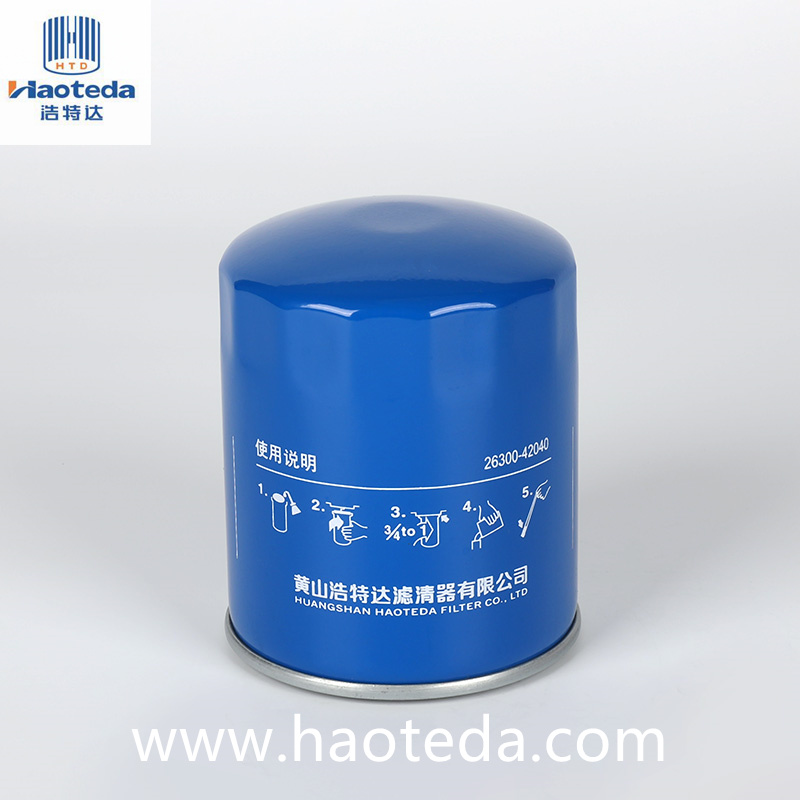Synthetic oil filters are widely regarded as a premium choice for automotive maintenance, and one of their most touted benefits is their ability to handle extended oil change intervals. But can they truly support longer intervals, and if so, how long can they last before needing replacement? To answer this, we need to explore the construction, filtration efficiency, and performance of these advanced filters compared to traditional ones.
The secret behind the extended service life of synthetic oil filters lies primarily in the materials and technology used in their construction. Unlike conventional filters, which are often made with cellulose or paper media, synthetic filters feature high-efficiency, high-capacity media. This media, typically a synthetic blend or full-synthetic material, is designed to capture finer particles and contaminants that could otherwise damage engine components. The synthetic fibers used are much more durable and efficient at trapping smaller debris, ensuring that they maintain their performance for longer periods. This is particularly important for vehicles that are subjected to heavy-duty use, extreme temperatures, or extended driving times, as these conditions can cause the oil to degrade faster.
Another factor contributing to the extended lifespan of synthetic oil filters is their superior dirt-holding capacity. Standard oil filters tend to clog up quicker because they hold a smaller amount of contaminants before losing their ability to filter effectively. In contrast, synthetic filters are engineered to handle a larger volume of particles, meaning they can go longer without needing replacement. This capability makes them ideal for drivers who prefer fewer maintenance intervals, such as those who drive long distances or under heavy load conditions, without compromising engine protection.

However, the longevity of synthetic oil filters is not infinite, and several factors influence how long they can last. While conventional filters might require replacement every 3,000 miles or so, synthetic oil filters can typically handle oil change intervals of 7,500 to 10,000 miles or even more, depending on the specific vehicle and driving conditions. For some high-performance vehicles or those using synthetic oils, intervals can stretch beyond 10,000 miles. That said, it is crucial to consult the vehicle manufacturer’s recommendations and the oil filter's specifications to determine the optimal replacement interval. In some cases, replacing the filter during every oil change may be necessary to ensure optimal engine performance.
While synthetic oil filters offer better filtration and last longer, it’s important to remember that they do not work in isolation. Their performance is highly dependent on the quality of the oil used. If the oil is synthetic and high-quality, the filter's ability to last longer is further enhanced. Moreover, synthetic oil filters don’t necessarily eliminate the need for routine oil changes—they simply allow you to extend the time between them, making maintenance more convenient without sacrificing engine protection.
Synthetic oil filters are a reliable choice for those seeking to extend oil change intervals. They provide superior filtration, higher capacity, and longer service life compared to traditional filters. While the exact lifespan can vary depending on the vehicle and driving conditions, most synthetic filters can easily last 7,500 to 10,000 miles, if not longer, when paired with quality synthetic oils. For those who want to reduce maintenance frequency while maintaining optimal engine health, synthetic oil filters offer a compelling solution. Just remember, regular monitoring and following manufacturer guidelines are essential to ensure your engine continues to run smoothly and efficiently.
 English
English
 English
English Español
Español Français
Français
 +86-139-6774-0263
+86-139-6774-0263









